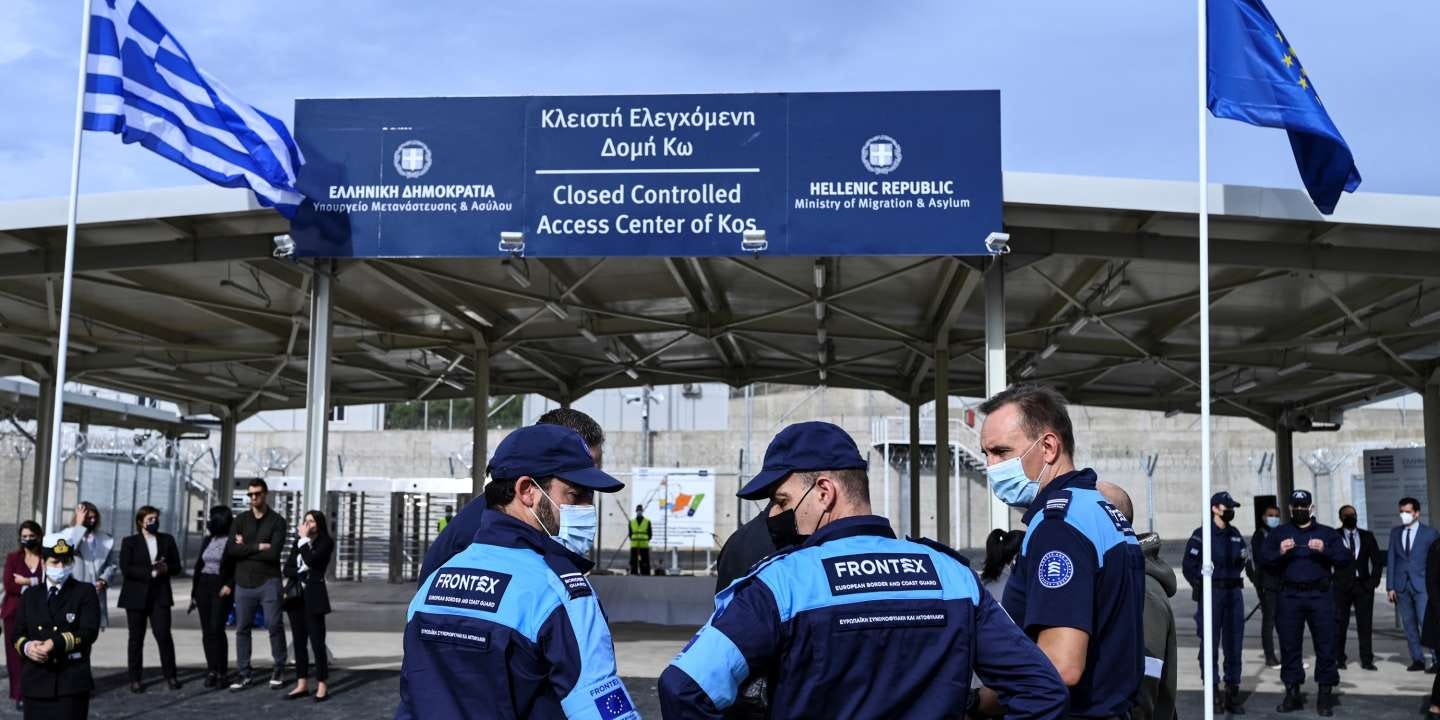Frontex, the European Border and Coast Guard Agency, has taken some notable steps over the last few months to address several key security issues relating to Africa.
In 2010, Frontex started recording data regarding the movement of migrants along the West Africa route in the Canary Islands. This was the genesis of what would become the Africa-Frontex Intelligence Community (AFIC).
AFIC provides a framework for regular information and intelligence sharing regarding migrant smuggling and other border security issues. Plenary sessions are held to discuss various plans and projects based on risk assessment. The most recent meeting of this body was held in Dakar last December with the official press release stating that Frontex and representatives from the 29 African countries “exchanged views on regional and international risk analysis cooperation in the fight against cross-border crime and terrorism, and shared their respective countries’ responses to migrant smuggling and trafficking in human beings (THB).”
In late July, it was reported that Frontex was going to begin operations in both Senegal and in Mauritania. There were further reports that the EU was demanding Senegal provide legal immunity for Frontex “under all circumstances” before any deployment to the country.
Militant Wire now offers regularly published research, analysis, and threat forecasting accessible to paid subscribers. Click the button below to read our latest member-exclusive articles: The Islamic Translation Center: Al-Qaeda’s Media Force Multiplier and MW Monitoring: Islamic State Propaganda Developments in South and Central Asia
On September 20th, the decision on operations with Mauritania was announced. In a press release, it was revealed that a risk analysis “cell” would be opened in Nouakchott. This unit joins a network of other hubs active in Ghana, Gambia, Niger, Nigeria, Guinea, Togo, Ivory Coast, and Senegal, with additional units being planned that are to be operated by local analysts trained by Frontex. Communications between these units and Frontex had been updated and streamlined towards instantaneous communication in 2021.
The role of these centers is to collect and analyze data on cross-border crime and to support those authorities that are involved with border management. The data collected covers issues such as document fraud, undocumented border crossings, human trafficking, drug trafficking, and other types of cross-border crime. Some of this information also suggests that there is an interest in tracking the activity of militant groups and their supporters.
A primary goal of AFIC is to foster close cooperation with a number of countries along known smuggling routes. This is done through a series of training exercises to develop national and regional strategies to fight cross-border crime. One of the successes claimed by AFIC was the breaking up of a human trafficking network between Sierra Leone and Gambia in 2021.
One country that is illustrative of deteriorating relations between the EU and its African partners is Mali. France ended Operation Barkhane which consisted of French troops on the ground to support Mali earlier this year, with Germany suspending, renewing, and suspending its operations again, and Estonia withdrawing their troops from areas where the Russia-based Wagner Group is known to conduct military operations.
If the EU finds a willing partner, it will provide the resources to assist in building capacity to address the regional issues that have been plaguing West Africa. At the moment, the EU finds itself faced with a movement of governments that seek to shrug off their post-colonial partnerships with countries like France, in favor of partnerships with Russia and its Kremlin-linked Wagner Group, as well as China on issues of economic development. The recent coup d'état in Burkina Faso saw protesters waving Russian flags and denouncing former colonial ruler, France. The EU’s broader security challenges stemming from conflict, as well as economic and political crises in West Africa, will be further challenged by what appears to be an erosion of Western legitimacy in this part of the world.




One reason why such things are happening is because the EU has reduced its commitment to human rights and security in favour of opportunism and arbitrary behaviours. It is partly to do with the increased support for the far-right parties in the union, but the European institutions should still do more to find more optimal solutions based on universal values and human security.
https://www.ilapi.org/article-content.php?id=167&t=EU%27s+Serious+Lack+of+Human+Security+%7C+Vladan+Lausevic